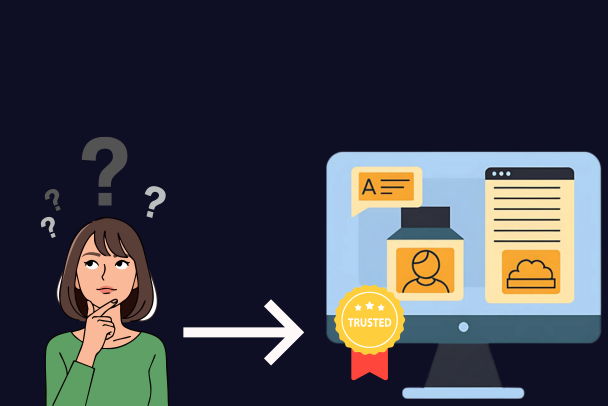If you’re a small business owner looking to grow your customer base, you’ve probably heard about SEO (Search Engine Optimization). But what exactly is it, and how can it transform your small business? In this beginner’s guide, we’ll break down the basics of SEO and show you how optimizing your website can lead to more traffic, better visibility, and more sales.
What is SEO?
SEO is the process of optimizing your website to rank higher in search engine results for relevant keywords. The goal is to increase the quantity and quality of traffic to your site by making it more visible to users searching for your products or services.
The Benefits of SEO for Small Businesses
SEO can be a game-changer for small businesses. When done right, it can:
- Increase Website Traffic: Higher rankings in search results mean more people will find and visit your site.
- Boost Credibility: Users tend to trust websites that appear at the top of search results.
- Generate Quality Leads: SEO helps attract people who are actively searching for the services you offer, making them more likely to convert into customers.
- Cost-Effective Marketing: Unlike paid ads, organic traffic from SEO doesn’t cost you every time someone clicks your site.
On-Page SEO: Where to Start
On-page SEO refers to optimizing the content and structure of your website. Here are some simple steps you can take:
- Optimize for Keywords: Identify relevant keywords that potential customers are searching for and naturally incorporate them into your content, titles, and meta descriptions.
- Improve Website Speed: Google favors fast-loading websites, so ensure your site loads quickly on both desktop and mobile.
- Use Header Tags (H1, H2, H3): Break up your content using headers to make it easier for both users and search engines to understand.
Off-Page SEO: Building Authority
Off-page SEO refers to actions taken outside of your website to improve its authority and ranking. This mainly involves:
- Link Building: Gaining backlinks from other reputable websites is crucial for SEO. The more high-quality sites that link to yours, the more trustworthy search engines consider your site to be.
- Google My Business: For small, service-based businesses, creating or optimizing your Google My Business profile can improve your local SEO and help you appear in local search results.
The Power of Content Marketing
SEO and content go hand-in-hand. Regularly creating high-quality, informative content (like blog posts, how-to guides, or case studies) will improve your rankings and engage your audience. Make sure your content answers common customer questions and is optimized with keywords.
Measuring Your SEO Success
SEO is a long-term strategy, so it’s important to track your progress over time. Use tools like Google Analytics to monitor your website’s traffic, keyword rankings, and conversion rates. This data can help you fine-tune your strategy and achieve even better results.
By investing in SEO, small business owners can see significant improvements in their website traffic and lead generation. SEO doesn’t require a huge marketing budget—it just takes time, effort, and a consistent approach.







